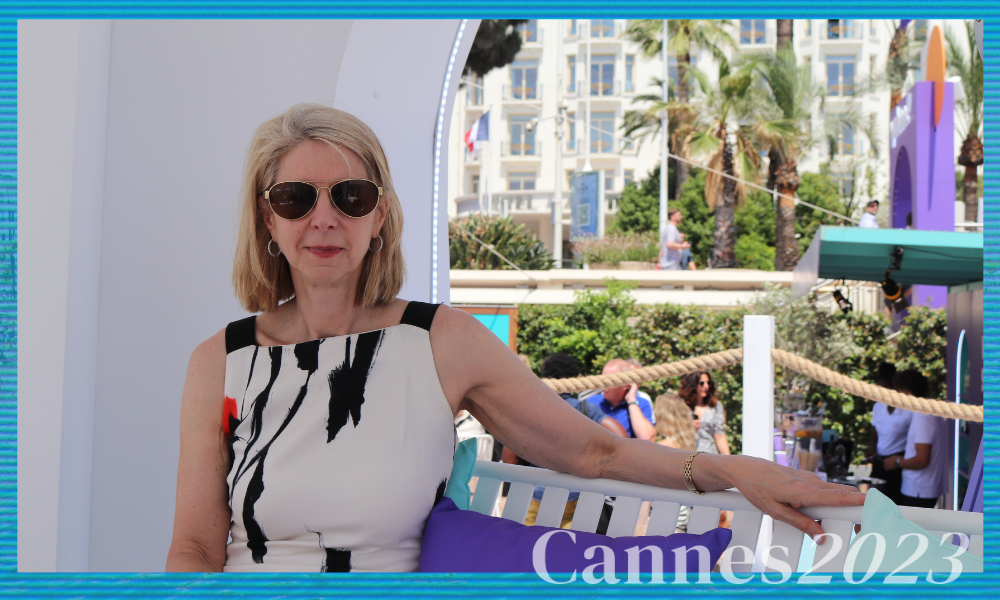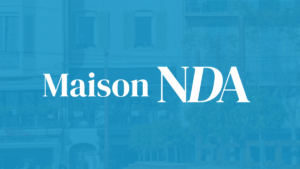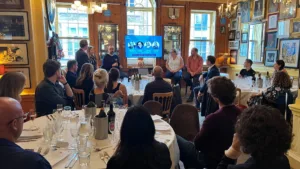What’s the excitement at Yahoo at the moment?
We announced in February that we were really going to double down and focus on our core customer base, via the DSP, enabling cross-platform measurement and activation. We want to be able to deliver campaigns for our really important customer base, with transparency and accountability.
So, our customers have been saying for a very long time that they want to be able to access inventory directly, including certain premium publishers. Yahoo Backstage is a new facility that enables the buyer to directly access Yahoo Sports or Finance, or perhaps something on Hulu or CBS, again, with full transparency and accountability.
What do you hope to solve with Backstage?
Specifically, brands can understand the location of their spend. It’s not just good enough to find the consumer, you want to understand what happens when you find the consumer and with real attention. We’re launching with 100 publishers, we are fully launched.
What are partners looking for from organisations like Yahoo, today?
Omnichannel, anchored in television and in concert with display and video advertising is tantamount in importance for our customer base. We’ve invested heavily to deliver both cross platform activations and measurement. Last year at Cannes, we announced our partnership with DirectTv and then at the recent London AdWeek we announced a partnership with Samba TV, providing the data framework that allows us to operate outside the US.
How is your partnership model evolving – what are you looking for now?
The main tenets of partnership are always the same. Everyone has to understand the value of what they’re bringing, and what they’re receiving. At Yahoo, we’re very specific and we want to make sure that partnerships are in keeping with our broader strategy which is why a partner like Samba TV is so fantastic.
What platforms in an omnichannel context are exciting for you at the moment?
TV and addressable TV is leading the pack. Native, like our partnership with Taboola, is very interesting and also important but also that TV partnership with the data that goes along with it so you can measure and understand it. Clients are also looking to us for ease of use and not only do we have the partnerships, we have a huge identity graph from our Yahoo data. That means we really understand the consumer which is a huge advantage.
How have changing customer behaviours affected Yahoo?
The trend towards understanding omnichannel is not new but it has more heat on it. Advertising ecosystems is very interesting and I want to make sure identity is being managed properly. More broadly, the impact of different types of working, remote, office or hybrid and the impact of global economies on everything we do – advertising sits in the epicentre of that and people are trying to understand the effects in real time.
AI has dominated all the industry events this year and now it’s dominating Cannes. What are your thoughts?
I think it’s going to revolutionise how we think about the accountability associated with data and the associated activation. It is way too soon to tell about its full impact. But, in terms of workflow optimisation and the ability to analyse and understand, I don’t think it replaces but rather accelerates the core components of what have always been so important in programmatic.
Given the power of Yahoo’s tools, what’s the role of creativity?
Creativity doesn’t know boundaries. When you think about how advertisers want to use technology there was a lot of focus early on around the activation of a campaign without thinking about the mechanism of how it connects with the consumer. We’re doing a lot of work around innovative ad units that are not just disruptive but actually a service to the consumer.
And how does Adelaide fit into this?
Adelaide is an attempt at creating a framework where you can have a more holistic understanding of attention. There are different types of attention and what one client means by it may be different to another. For a long time, clicks were a proxy for attention. Marketers are driving the definition of attention as it relates to them. My job at Yahoo Advertising is to enable what they want, not tell them what they want.
What’s your view on the health of the industry?
Everything is in constant evolution. I don’t know if I want to speak for the industry, but I can speak for Yahoo and we’re in a great position. We’re not doing things the way we’ve always done them, but the core value of understanding what our customer needs is pervasive. We want to move faster and quicker. That’s a trend in an industry where people are trying to unblock things and offer solutions.
Why is Cannes still so important?
It’s a celebration of all that we do. Coming out of Cannes last year, we had a number of investments that we made and conversations that were started. It’s a really great checkpoint to understand if we’re all aligned and working in the right ways. As an industry, it’s an opportunity to come together. At the end of the day, we’re all going to need each other to solve some of these problems. Cannes creates the right atmosphere to enable that. You just have to be disciplined and make sure you’re connecting in the right ways.
NDA is partnering with Crowe Advisory and based on their yacht to bring you all the updates from Cannes Lions 2023






